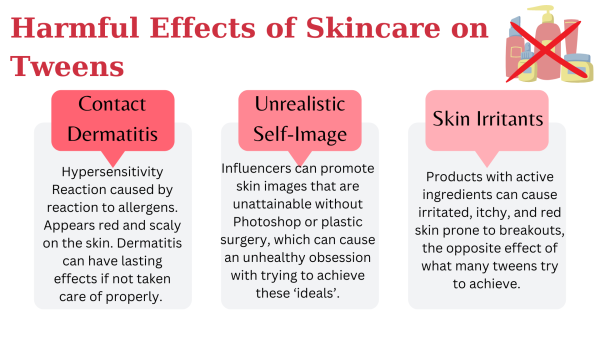Hazing isn’t harmless
College students, perhaps more than any other demographic, crave exclusivity. They want to be a part of something unique, interesting, and exciting. There is perhaps no better outlet for this desire than sororities, fraternities, and other close-knit clubs and groups offered as a part of the college experience. There is also no better example of the humiliating, dangerous and illegal practice of hazing.
Hazing is defined as a dangerous and often humiliating initiation ritual, performed with or without the consent of the participants. Hazing can range from sleep deprivation and isolation to forced alcohol consumption, humiliation, and even sex acts. What’s more is that nearly half of college students in fraternities, sororities, or athletics admit to being a part of hazing rituals. The even stranger statistic is that of the 47% of students who have experienced hazing, almost all of them do not consider the actions taken against them to have been hazing, believing that it’s all just a part of becoming a member. In reality, hazing can scar someone’s self-esteem and psyche. Permanently.
With seniors from Normal West college bound, it is vital that they can comprehend the dangers of hazing and the importance of reporting incidents if they experience it in college, even if it seems harmless.
Most hazing begins innocently and progressively grows worse. Take, for example, Brittney Starling, a girl who sued her sorority for hazing. At the beginning of the year, she was told that the new members were supposed to clean up after a party the older sorority sisters threw. At first finding it harmless, the girls did what they were told, but the situation escalated when the older girls began throwing trash at them and telling Starling and the others that they were now ‘human trash cans,’ forcing the girls to stuff garbage in their pockets and on their clothing. Starling told reporters that she had never been more humiliated or disgusted in her life.
Another college faced with hazing charges, Young Harris College, had even more traumatizing reports of hazing. In a hazing week called ‘Education Week’ by the sorority, the new entrees were constantly abused. In one instance, girls were told to sit naked on a washing machine while other sorority members circled their fat, telling them that they had to lose the weight before they could truly become a sorority member. Some girls who were exposed to this and other brutal forms of hazing at the college developed serious depression issues and were totally unable to face the students who had hazed her. Even more appalling, when one distressed girls’ father called the dean of the school, he was told that “These things just happen.” While such blatant disregard for hazing seems astonishing, it is unfortunately the norm in situations like these.
While most hazing cases end with a slap on the wrist for students and authority figures alike, the lasting impact on society is much deeper. The reputation of many sororities and fraternities had been degraded and many students will avoid getting into extracurricular to avoid any abuse. Perhaps an anonymous YHC hazing victim’s words are the best indication of what should be done to solve this problem:
“My school should have protected me, and it’s not something anyone should ignore. Students, teachers -anyone who sees hazing – has a duty to speak up.”


